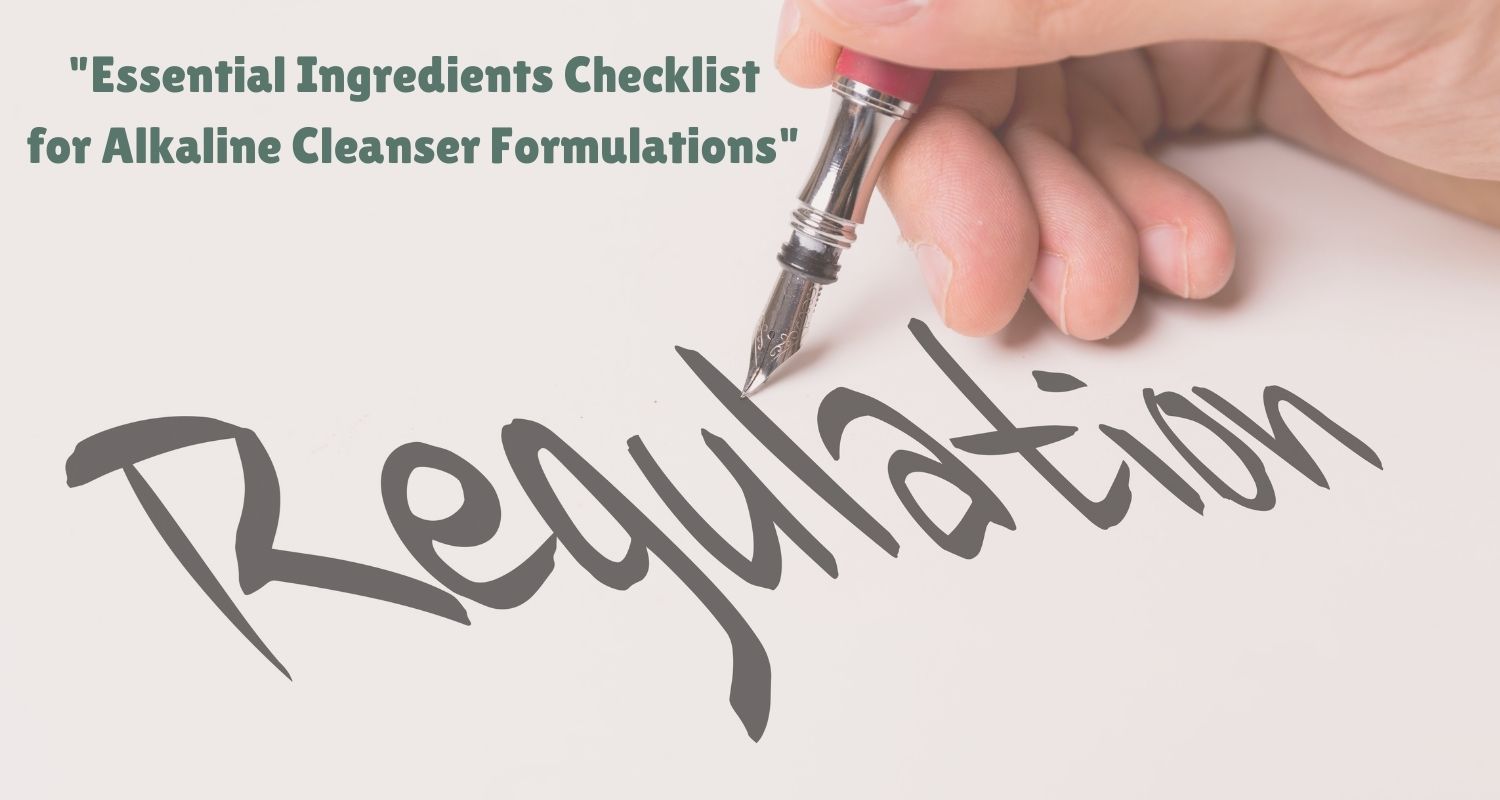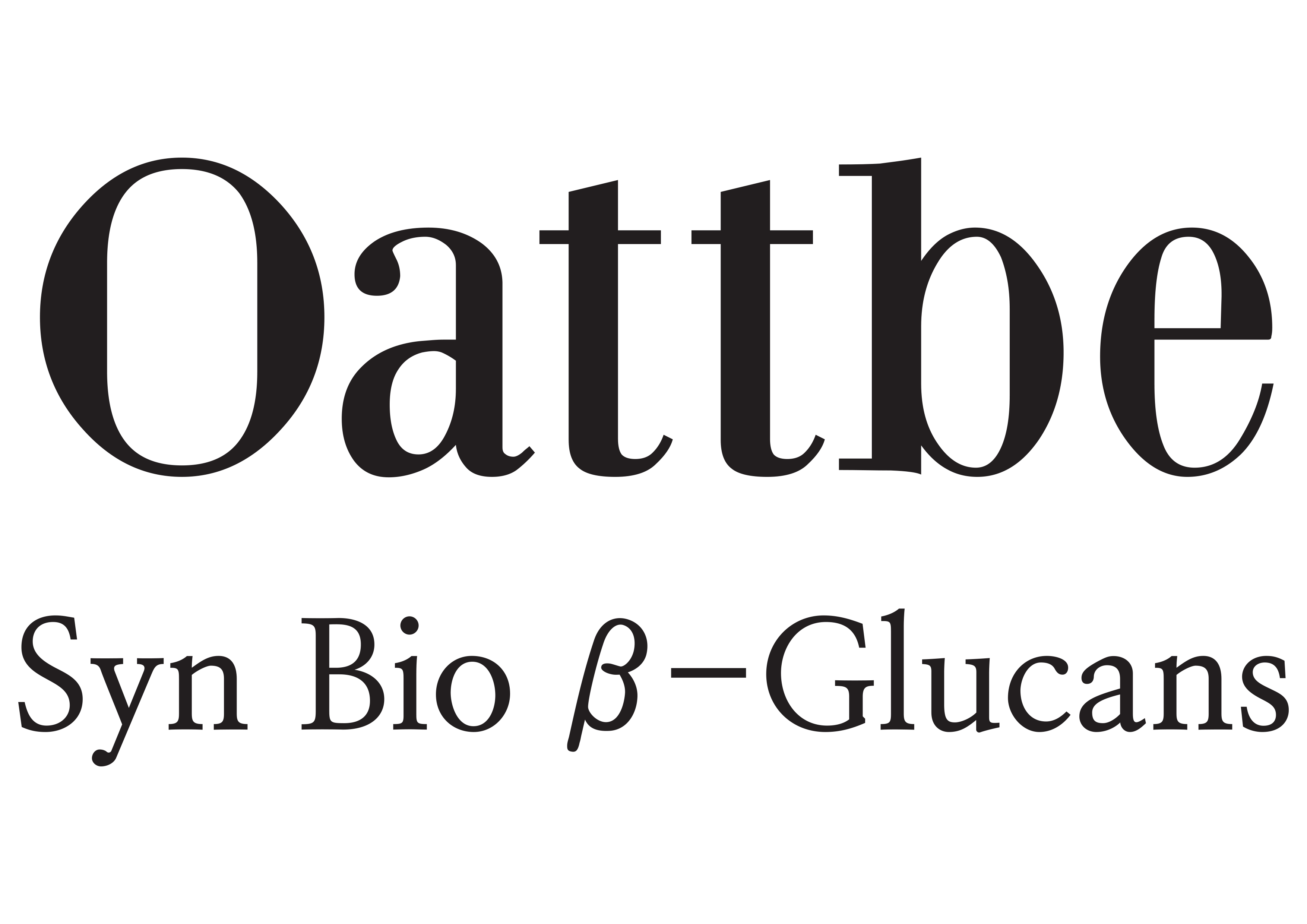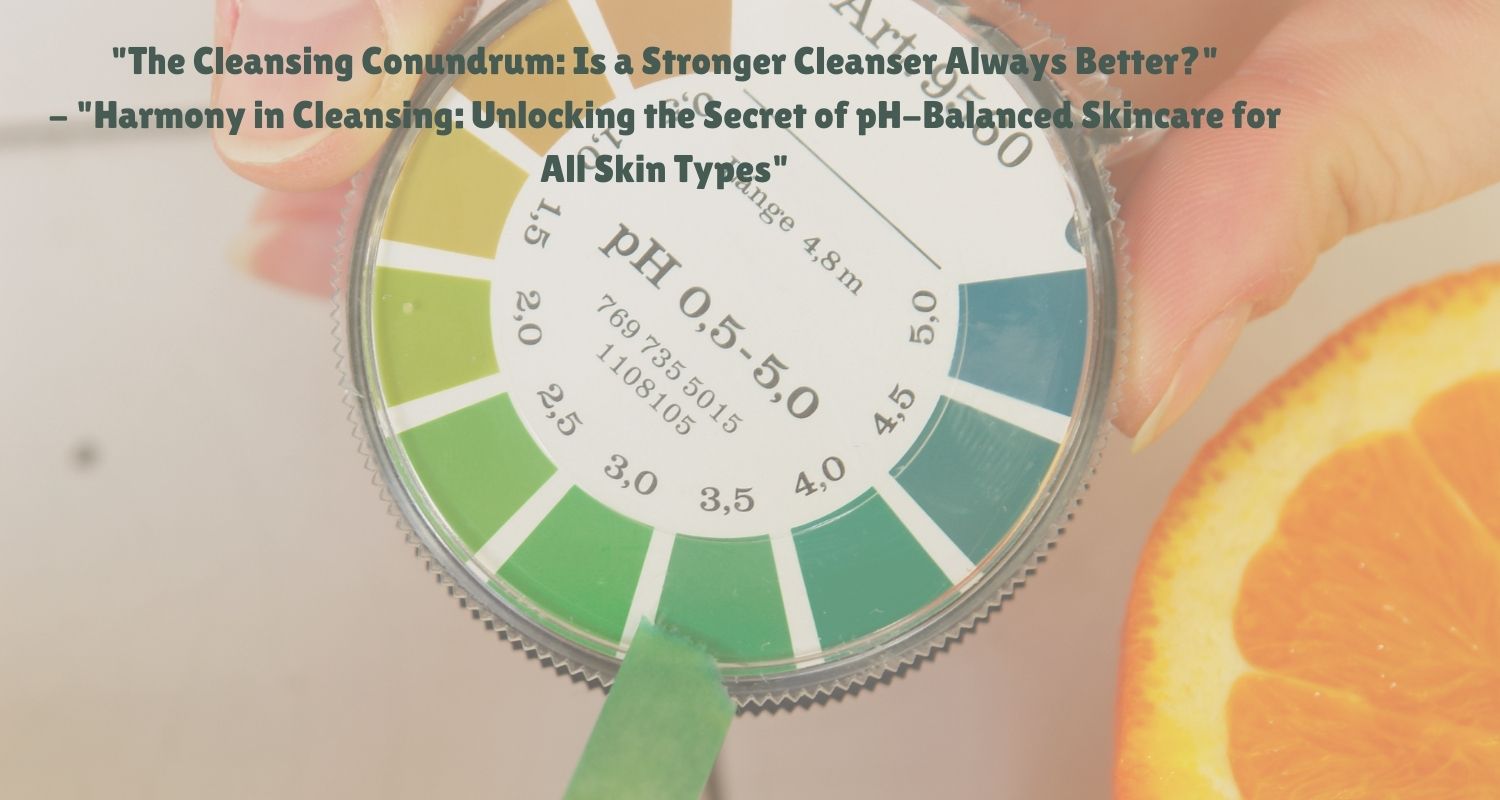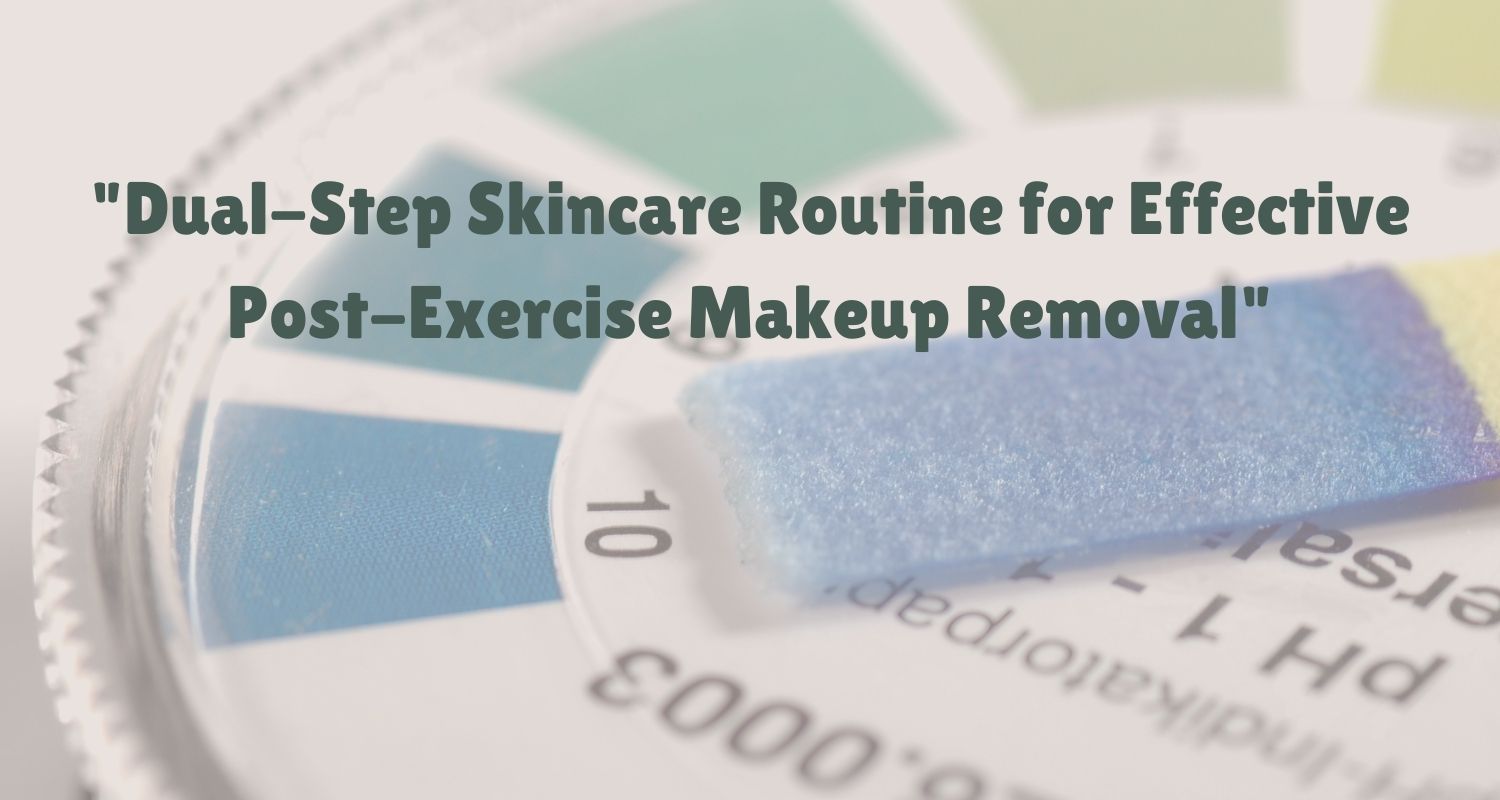
16. "Essential Ingredients Checklist for Alkaline Cleanser Formulations"
"Essential Ingredients Checklist for Alkaline Cleanser Formulations"
Alkaline cleansers are less commonly recommended, especially given the emphasis on maintaining the skin's natural pH balance. The skin's natural pH is slightly acidic, typically ranging between 4.7 and 5.75. This acidity helps to form a protective barrier, known as the acid mantle, which guards the skin against harmful microorganisms and environmental stressors. Here's a closer look at the limited scenarios where an alkaline cleanser might still be used:
1. Heavy or Oil-Based Makeup Removal:
Alkaline cleansers can sometimes be effective in breaking down heavy, oil-based makeup or other stubborn substances on the skin. However, it's essential to follow up with a pH-balanced skincare regimen to restore the skin's natural acidity.

2. Certain Skin Types:
Some people with extremely oily skin might occasionally benefit from an alkaline cleanser to help remove excess sebum. However, this should be done cautiously to avoid over-stripping the skin, which can lead to increased oil production as a rebound effect.
3. Traditional Soap Preferences:
Some individuals may prefer traditional soap bars, which are inherently alkaline due to the saponification process. However, modern formulations often include ingredients to mitigate the drying effects.
Most dermatologists and skincare experts now advise using cleansers that are pH-balanced to support and maintain the health of the skin's natural barrier. If you're considering using an alkaline cleanser for any reason,
 Here are some key ingredients to look for
Here are some key ingredients to look for
- Glycerin is a humectant, meaning it attracts water to the skin. It's often used in soaps to prevent drying by helping the skin retain moisture.
- Natural Oils and Butters:Ingredients like shea butter, coconut oil, olive oil, jojoba oil, and almond oil are emollients that can help replenish the skin's natural oils. These oils also contribute to the soap's moisturizing properties and can help counteract the drying effects of the alkaline pH.
- Hyaluronic Acid:Hyaluronic acid is another powerful humectant that can hold up to 1000 times its weight in water. Its inclusion in soap can help maintain skin hydration.
- Aloe Vera:Aloe vera is known for its soothing and hydrating properties. It can help calm and moisturize the skin, reducing the potential for irritation and dryness.
- Ceramides:Ceramides are lipid molecules found in high concentrations within cell membranes in the upper layer of the skin. They play a crucial role in maintaining the skin barrier and retaining moisture.
- Vitamin E:Vitamin E is an antioxidant that helps protect the skin from environmental damage. It also has moisturizing properties and can help support the skin's natural barrier function.
- Beta-Glucan:Derived from oats, beta-glucan is known for its skin-soothing and moisturizing properties, which can be beneficial in offsetting the drying effects of alkaline cleansers.


